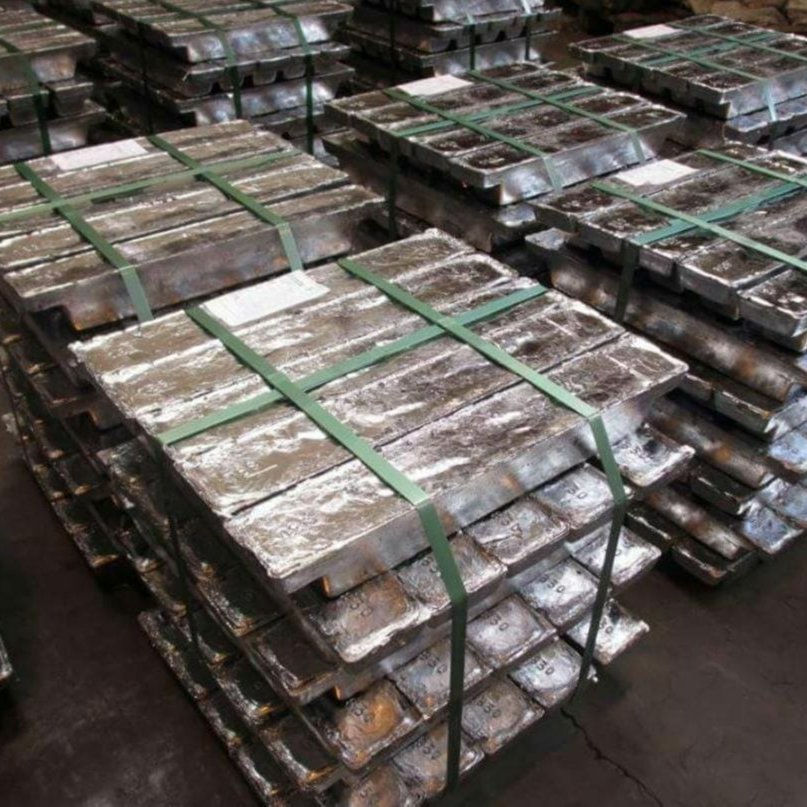
Pure Tin Metal Ingot 99.99%
Product Name: Pure Tin Metal Ingot 99.99% Pure
Purity: 99.99% Tin
Appearance: Solid, metallic ingots with a shiny, smooth surface
Size: Typically available in standard ingot sizes (e.g., 5 kg, 10 kg) but customizable as per client requirements
Weight: Varies based on ingot size and order specifications
Origin: Germany
Packaging: Standard or customized packaging for transport, usually in bulk or on pallets
Density: 7.31 g/cm³
Melting Point: 231.9°C (449.4°F)
Surface Finish: Shiny, smooth finish with no visible defects or oxidation
Storage: Store in a cool, dry place to prevent contamination or tarnishing
Environmental Compliance: Manufactured according to German environmental and production standards
Recyclability: 100% recyclable, maintaining its purity and quality
Certification: Conforms to international standards such as ASTM B339 and ISO 9001
Description
Pure Tin Metal Ingot 99.99% is a high-purity tin product produced through advanced refining processes to achieve a tin content of 99.99%. These ingots are produced by melting and casting the tin into uniform molds, ensuring a consistent and high-quality product. Pure tin is known for its excellent corrosion resistance, low toxicity, and malleability. Originating from Germany, which has stringent manufacturing and quality control processes, this pure tin is ideal for applications requiring high purity and excellent performance. The 99.99% purity ensures superior quality, making it suitable for sensitive industrial uses.
Application:
Pure Tin Metal Ingot 99.99% is used across several industries where its high purity and excellent properties are critical:
- Soldering: Pure tin is a primary material in the production of solder, especially in electronics, where its low melting point and excellent conductivity are crucial.
- Electronics Manufacturing: Used in the production of components like connectors, terminals, and electrical contacts due to its superior electrical conductivity.
- Plating: Tin is used as a coating material to prevent corrosion in various industries, including the food and beverage packaging industry (e.g., tin-plated steel cans).
- Alloys Production: Tin is an essential component of several alloys, including bronze and pewter, widely used in the creation of decorative items, machinery parts, and musical instruments.
- Battery Manufacturing: Pure tin is used in the production of various types of batteries, especially those requiring low resistance and high efficiency.
- Chemical Industry: Tin compounds are used in the manufacturing of chemicals, including catalysts and stabilizers in PVC production.
- Heat Exchangers: Tin’s corrosion resistance and thermal conductivity make it suitable for use in heat exchanger systems.
